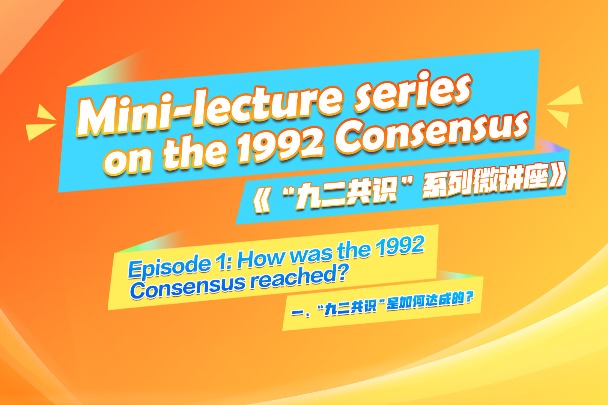Coach from Taiwan brings baseball to Fujian


It is not difficult to tell his occupation when one sees Lu Chih-min for the first time. As always, he wears a cap and a black sports shirt. His skin is healthy tan, evidence of outdoor activity.
Before coming to Pingtan, Fujian province, from Taiwan in 2014, Lu had coached baseball for many decades.
"I started learn baseball when I was 10, and became a coach myself when I was 24. I have been coaching ever since," Lu said.
When Lu retired in 2014, he was told by a friend to try living and coaching in Pingtan county. The suggestion took root.
Unlike in Taiwan, where baseball is popular, few are familiar with the sport in Pingtan, and even fewer are skilled. Lu coached at different schools and tried to form a professional team but failed many times.
Luck found him in 2018, when a local college — Fujian Polytechnic of Information Technology — hired him as a sports teacher and gave him the task of forming a baseball team.
Instead of hiring foreign coaches, which is expensive, Lu thinks it's better to train local players and expand the local talent pool, and then let them to train others.
"Coach Lu would instruct us to catch balls in different ways, and no matter how long we train, he is with us. He is strict and professional," said Chen Jiajie, a member of the team.

To provide more opportunities to learn and practice, Lu contacted several primary schools in Pingtan, and arranged for members of his team to coach primary school pupils so more kids can get to know and fall in love with the sport.
Not only has the team won several national championships but several members earned coaching qualifications.
Lu has adjusted to life in Pingtan.
"Living here is convenient, the environment is beautiful. The cuisine and customs are the same as in Taiwan," Lu said.
He is a strict coach, but in daily life Lu is more like a parent with a family. When team members get sick, he rushes to buy medicine and cook for them. When they graduate, he offers advice for their future development.
"When we won championships, he would burst into tears," said team member Liu Huihui.
"He said he thought and talked more about his own dreams when he came here, but now he thinks more about our dreams."



- Top News
- Events honor role of first provincial governor in modernizing Taiwan
- 'Soul Ferryman' of Taiwan Strait: Liu De-wen's 22-year mission to bring veterans home
- Taiwan-born kendo instructor grows cross-Strait ties
- Chinese mainland says cross-Strait consultation possible with recognition of '1992 Consensus'




